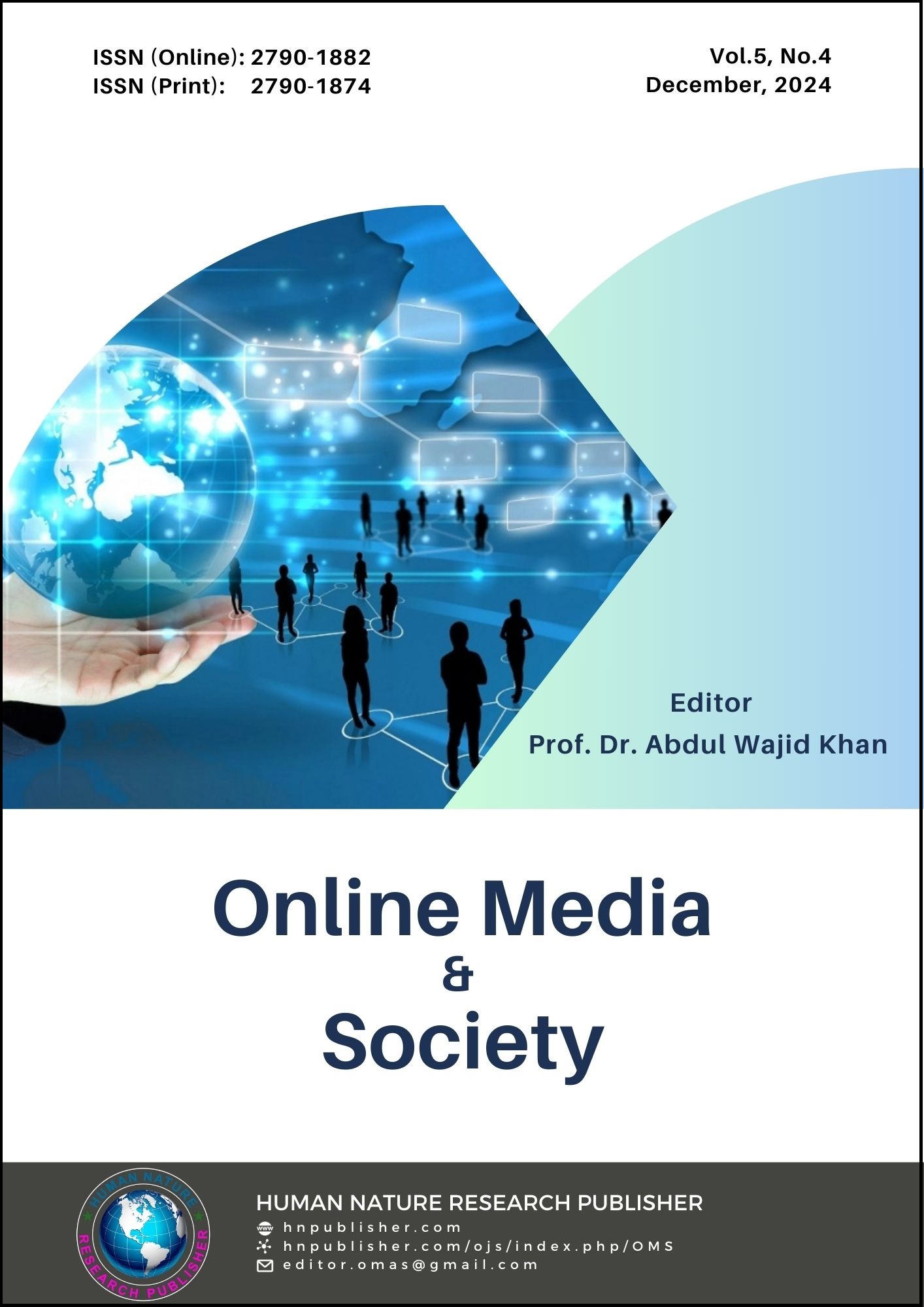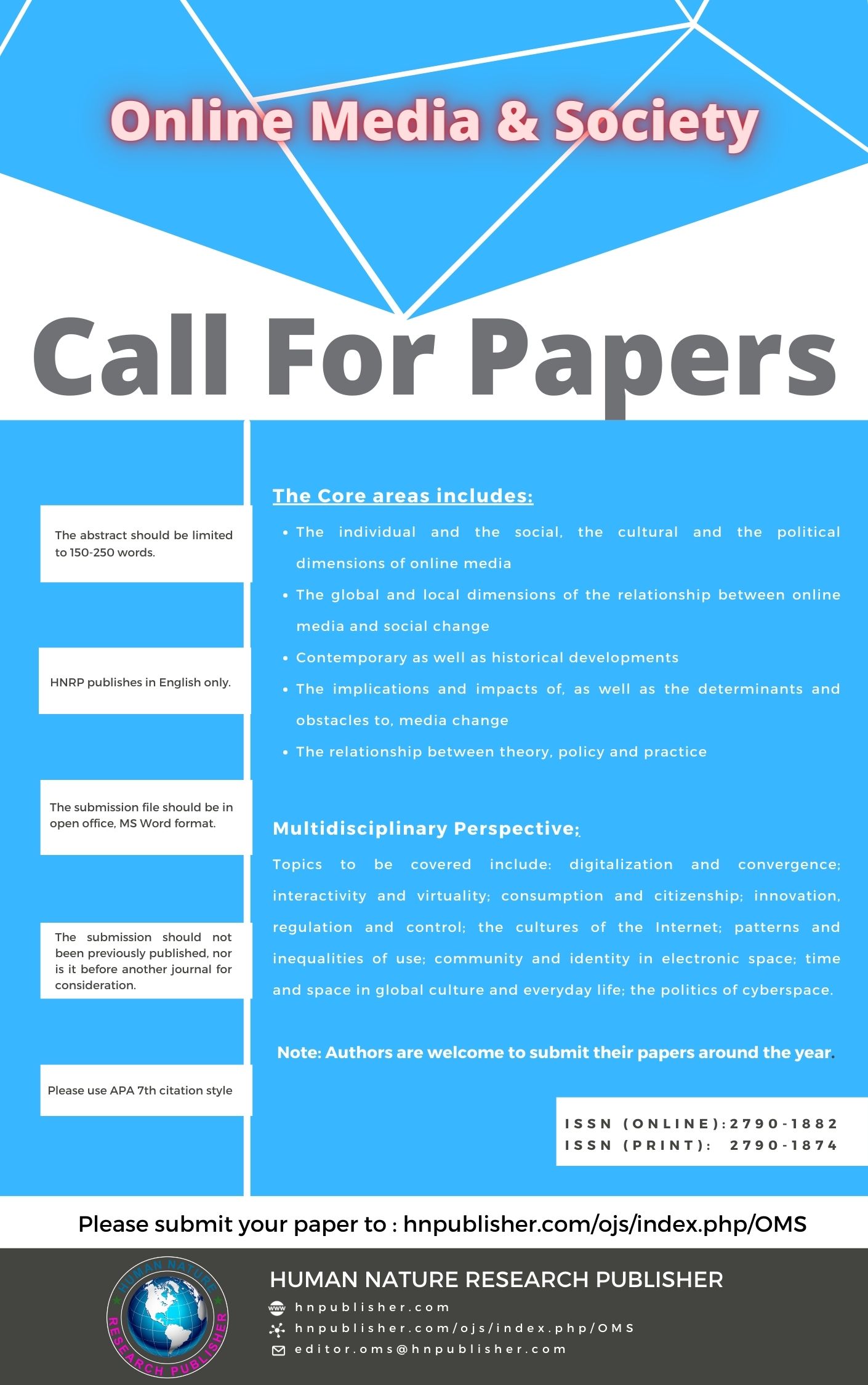An Analysis of Mainstream and Social Media Influences on Consumer Perception in Fashion Adoption
DOI:
https://doi.org/10.71016/oms/5vbapq24Keywords:
Social Media, Mainstream Media, Fashion Adoption, Consumer PerceptionAbstract
Aim of the Study: The goal of this study is to assess the consumer’s perdition about factors of the fashion trending on the mainstream and how social media influence buyers' intents to follow latest trends, with an insistence on Pakistani people.
Methodology: The study's base is the Elaboration Likelihood Model (ELM) theory, which chose social media and mainstream media as independent variables. Individuals from Faisalabad, Lahore, and Gujranwala made up the study population, and a quantitative research methodology was applied. A sample size of (n=484) respondents was selected using a simple random sampling technique. Data was collected through an online survey conducted via Google Forms across the selected universities.
Findings: The findings indicate that social media exerts a stronger influence on consumers’ perceptions regarding the adoption of new fashion, styles, and designs. Conversely, female are increasingly abandoning magazine readership and the fashion trends presented within them. Additionally, newspaper readership, especially among female students, is declining. However, television remains a prevalent medium in households.
Conclusion: The study concluded that consumers, particularly students, engage with both social media and mainstream media. Most consumers expressed a preference for personalized apparel fashion on social media, while a majority rejected the idea of personalized fashion on mainstream media. The results indicated that social media has a stronger connection with the adoption of fashion compared to mainstream media. In other words, consumers' intentions to purchase, use, or adopt new designs or styles are influenced more by images, videos, or posts (closely related to peripheral route) on social media than on mainstream media.
Downloads
Published
Issue
Section
License
Copyright (c) 2024 Dr. Syed Ali Hassan Shah, Dr. Abdul Ghani, Dr. Muhammad Kashan Atif (Author)

This work is licensed under a Creative Commons Attribution-NonCommercial 4.0 International License.








